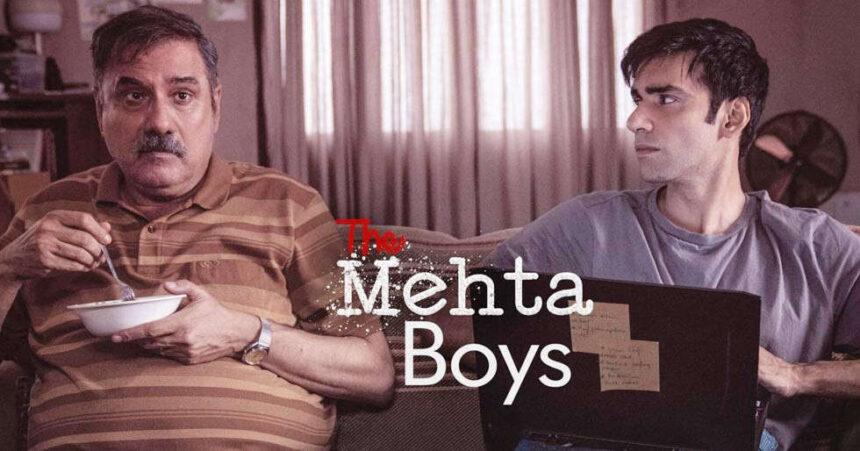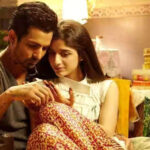The film’s narrative revolves around Shiv Mehta (Boman Irani), a retired widower preparing to move to the US with his daughter Anu (Puja Sarup) after the death of his wife, and his son Amay (Avinash Tiwary), an architect in Mumbai with whom he shares a distant, almost formal relationship. When a last-minute ticketing mishap forces Shiv to spend 48 hours with Amay, the two are thrust into an uneasy yet transformative journey. What unfolds is a deeply moving story of reconciliation, as buried emotions surface and unspoken words finally find their place.The premise is simple, yet within this short window of time, The Mehta Boys weaves a rich emotional tapestry that speaks to anyone who has ever longed for a deeper connection with their family.
Some of the most memorable scenes in The Mehta Boys are the quietest ones. A spontaneous candlelit dinner on Amay’s apartment balcony during a power outage becomes an unguarded moment of connection. A shared laugh over an old Laurel and Hardy show hints at the bond they once had, and could have again. And in one of the most telling moments, Shiv formally greets Amay at his own mother’s funeral, an act so awkward yet so truthful that it encapsulates years of emotional distance in mere seconds. The film’s visuals contribute to its emotional depth. The metaphorical collapse of Amay’s apartment roof midway through the film serves as a powerful representation of the turmoil in their relationship—sometimes, things have to fall apart before they can be rebuilt.
The writing, co-penned by Boman Irani and Alexander Dinelaris (of Birdman fame), is one of the film’s greatest strengths. It balances the predictability of a father-son reconciliation arc with delightful moments of unpredictability, keeping the audience engaged and emotionally invested. The script is peppered with quirks and idiosyncrasies: Shiv’s instinctive clutching of the emergency brake in a moving car, to cite one example, or Amay’s compulsive sketching that add layers of authenticity. These small details make the Mehtas feel like real people, their struggles and triumphs deeply relatable. Though we don’t get to know the reason as to why the father and son are estranged. That aspect surely merited exploration, which is absent.
Boman Irani delivers another great performance as Shiv Mehta, embodying the character with a rare blend of vulnerability and eccentricity. His portrayal of a man grappling with grief and the weight of unspoken regrets is both poignant and endearing. Avinash Tiwary, as Amay, matches Irani’s brilliance with a restrained yet deeply affecting performance. He captures the essence of a man caught between professional uncertainties and unresolved familial tensions, making Amay a character who is both flawed and profoundly human.
The supporting cast, though with limited screen time, leaves a lasting impression. Puja Sarup as Anu brings a grounded, pragmatic warmth to the film, while Shreya Chaudhry, as Amay’s girlfriend Zara, adds depth to her scenes with a natural presence. The film is called The Mehta Boys and not, The Mehta Men, perhaps to remind the viewers that unlike the women in their lives, the two men haven’t really grown up and behave like adolescents.
Ultimately, The Mehta Boys is more than just a father-son story; it is a meditation on family, forgiveness, and the enduring ties that shape our lives. It reminds us that no matter how much time has passed or how many words have been left unspoken, love has a way of coming back, of finding its voice.
Boman Irani’s directorial debut is an understated yet deeply moving film that leaves you with a warm heart and a renewed appreciation for the little moments that make life meaningful. In a world where fathers and sons often struggle to truly see each other, The Mehta Boys offers a gentle, hopeful reminder: it’s never too late to bridge the gap. The film is currently streaming on Amazon Prime Video.








